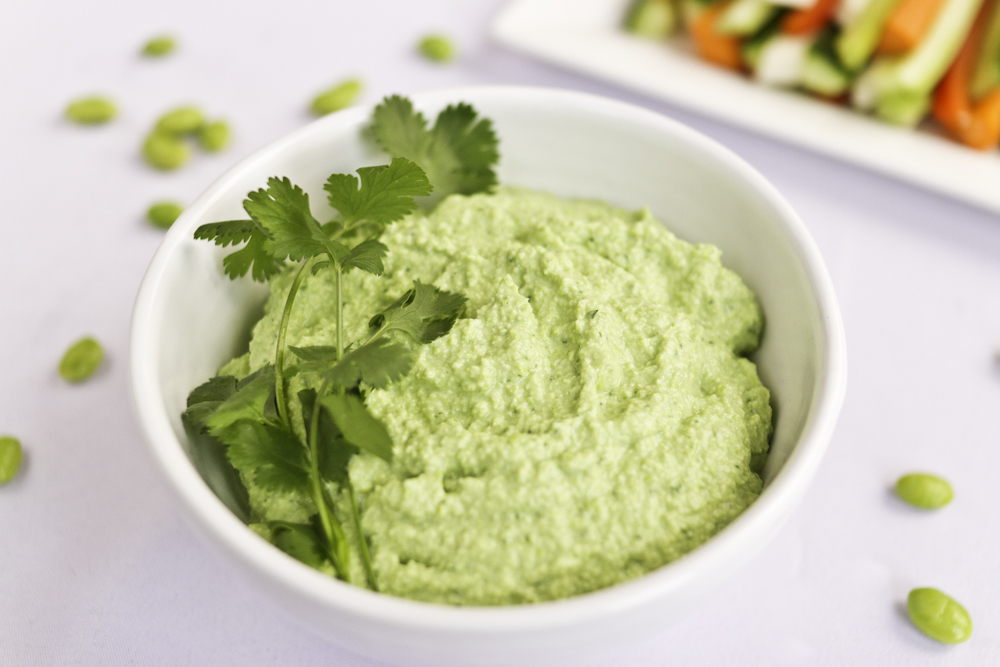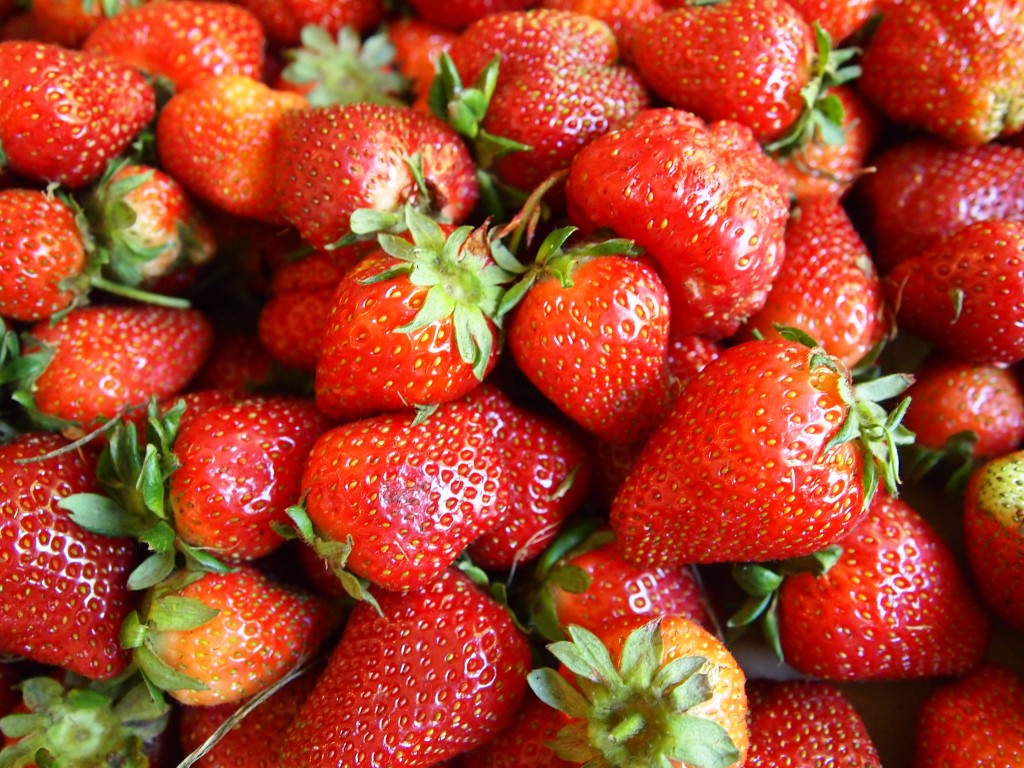
Enjoy Soy: Plant Protein Complete with All 9 Essential Amino Acids
Soy is a nutrient-rich plant protein complete with all nine essential amino acids, which makes it unique to other plant protein sources. Soybeans are a good source of fiber, vitamins, and minerals, including folate, selenium, potassium and magnesium. They also contain antioxidants and phytochemicals, including isoflavones, phenolic acids and sapanonins, and are the only bean containing omega-3 fatty acids. Over the years, however, soy has been subject to debate.
Moderate amounts of soy are safe and can be a valuable part of a low-fat, vegetarian diet.
In 1999, the FDA reviewed extensive research to support that when included in a low-fat and low-cholesterol diet, soy could lower blood total cholesterol and low-density lipoprotein (LDL) or “bad” cholesterol levels. As a result, they approved the health claim on food labels that “25 grams of soy protein, as part of a diet low in saturated fat and cholesterol, may reduce the risk of heart disease.”
In more recent years, additional support data has been published confirming the health benefits for heart disease, the improvement of menopausal symptoms and cognitive function, and the reduction of the risk of breast, endometrial, prostate and colon cancers. There have also been some opposing claims stating the negative effects of soy on breast cancer, other hormonal cancers, and thyroid disease. These conflicting messages, therefore, have many people wondering whether they should avoid all soy, just Genetically Modified soy foods, or consume ample amounts to reap the benefits?
Here is a brief, but in-depth overview of the current research on soy and health. We conclude that moderate amounts of soy, primarily whole, minimally processed or fermented soy foods are safe and can be a valuable part of a low-fat, vegetarian diet.
Dr. Dean Ornish’s Program for Reversing Heart Disease recommends including one serving a day of whole or minimally processed soy foods as part of a low-fat, vegetarian approach with comprehensive lifestyle changes for the reversal of heart disease. This approach is also consistent with the recommendations for the research showing the regression of prostate cancer, diabetes, increase in telomeres and telomerase gene expression, and weight loss.
The Research
Two reports, “The Effects of Soy Health,” published by the U.S. Department of Health and “Soy Foods and Supplementation: A Review of Commonly Perceived Health Benefits and Risks” published in Alternative Therapies in Health and Medicine, examined current evidence from studies of soy and isoflavones on cardiovascular diseases, cancers, kidney and thyroid disease, menopausal symptoms, bone health, and cognitive function. Both reviews conclude with similar findings that soy foods may protect against heart disease because they reduce cholesterol, provide modest protection against breast cancer in certain populations and individuals, do not increase risk for breast cancer, and provide relief from menopausal symptoms. Other areas of study such as thyroid health, bone health, and endocrine function showed no significant impact, negatively or positively. Both reviews agree that continued and improved studies need to be conducted.
In regard to cancer, including controversial hormone-related cancers such as breast cancer, the evidence leans in favor of a moderate amount of whole or minimally processed soy. The American Institute for Cancer (AICR) supports soy as a food to fight cancer and has an excellent review of the research, benefits, tips and references. Population studies link moderate amounts of soy with lower incidence of breast cancer risk. In cancer survivors, AICR notes that seven recent epidemiological studies showed that the moderate consumption of soy does not affect women’s outcome risks and some of the studies show a potential benefit in women with certain tumor characteristics and treatments. The phytoestrogens don’t always mimic estrogen; in some tissues, they block the estrogen actions that stimulate the growth and multiplication of breast cancer cells, which could reduce the risk of breast cancer.
Early studies that caused the concerns with cancer cell growth were done with rodents and we now know that lab animals metabolize the isoflavones found in soy in a different way from humans. Other studies were short term, lasting only seven to 30 days, and used high amounts of concentrated supplements of soy protein rather than soy foods. As a result, it was difficult to come to any significant conclusions as to whether or not it increased risk to breast cancer.
The Upshot
A moderate intake of minimally processed soy foods such as edamame, tofu, and soymilk, along with fermented soy foods such as tempeh, natto, and miso are health-promoting ways to enjoy soy. They offer potential protection against coronary heart disease, certain cancers, and menopausal symptom relief. One to two standard servings daily of whole soy foods such as edamame, tofu, soy milk, tempeh, and miso is considered a moderate intake. Studies have demonstrated that up to three daily servings of soy have not increased breast cancer risk. Including soy as part of your plant-based diet benefits heart health and makes an excellent low fat, cholesterol-free, nutrient-dense, plant-based protein to replace animal protein.
The Best Soy Food to Choose
Whole soy: edamame, soybeans, dry roasted edamame or soybeans
Minimal processed: tofu, (silken, sprouted, firm, extra firm, soft) soy milk and yogurt
Fermented: tempeh, natto, and miso
Non-GM and Organic Soy
The debate over the safety of GM food crops has also been controversial. While the research on GM food crops and their health effects is limited and short term, it doesn’t mean they are safe, especially with the current animal studies reporting negative health effects. The non-GMO Project provides a good resource for those looking for certified non-GMO food products with a good list for soy and other meat alternatives.
Recipes
Soy is an amazing bean that can be prepared and enjoyed in a diverse number of ways. It can be baked, barbequed or grilled as tofu, added to soups, salads, sandwiches, or curry dishes, used as a base for creamy delicious dips, sauces and dressings, or in drinks from soy milk to smoothies.
You’ll find a number of soy-inspired recipes on our Ornish Kitchen sample menu.
What is your favorite way to enjoy soy?







